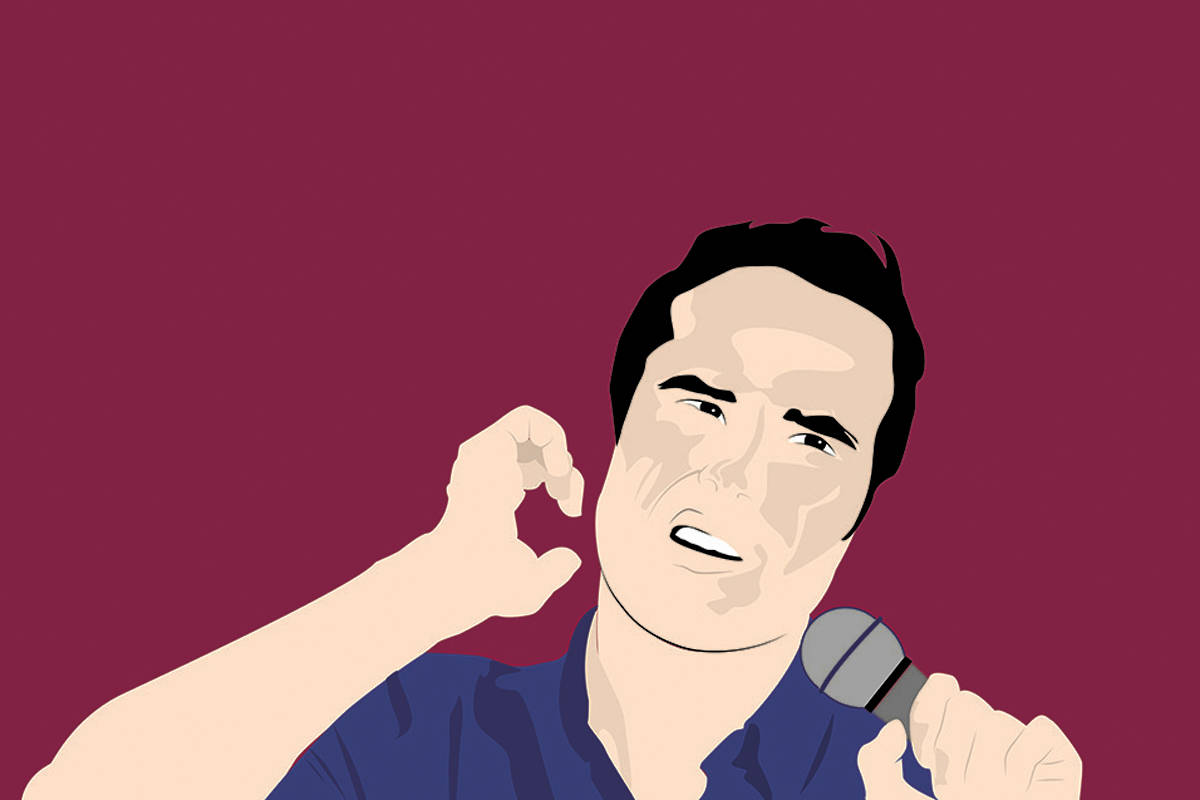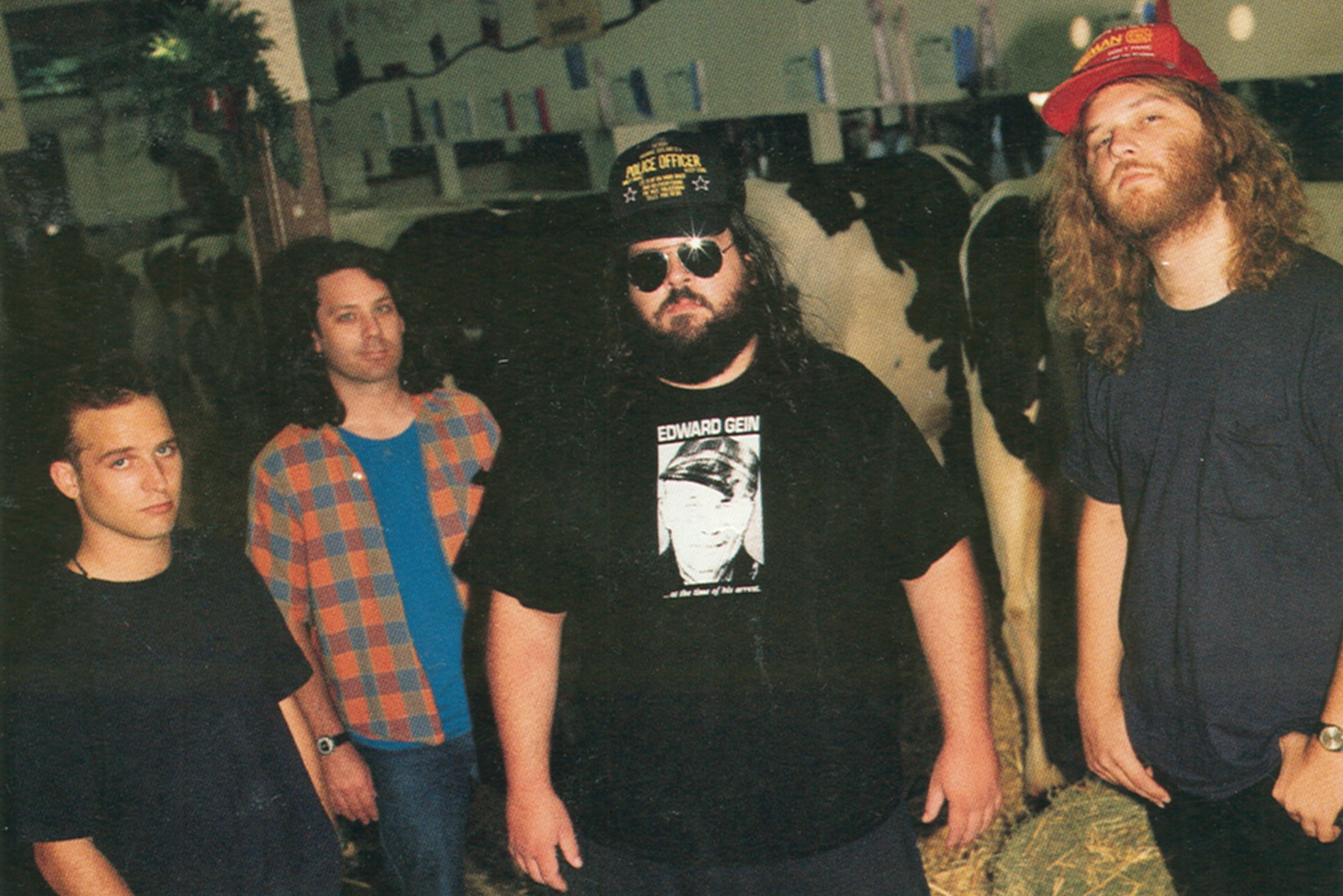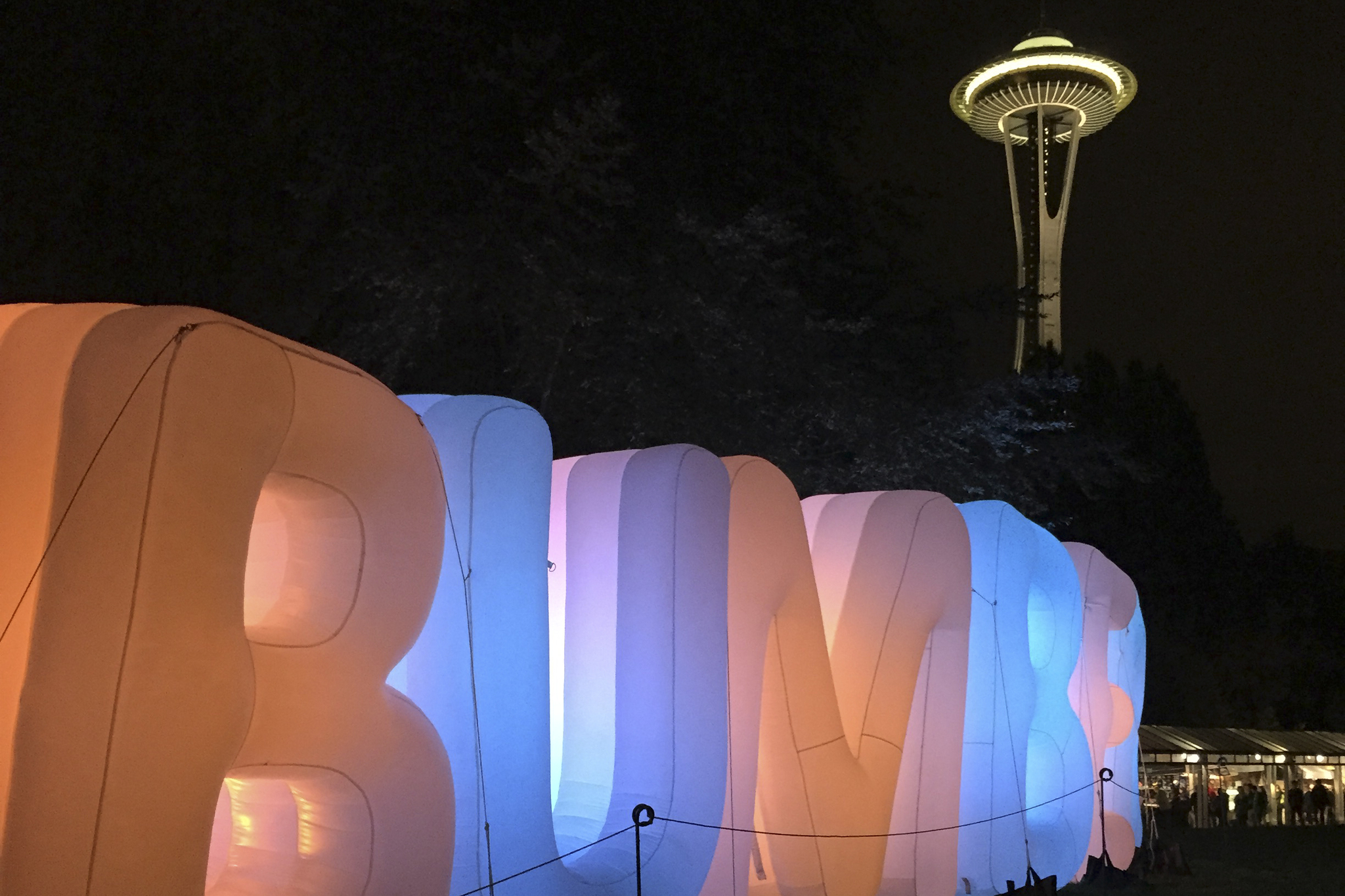Ivan Neville comes from an insanely musical family. His dad is Aaron Neville and he is the nephew to various members of The Neville Brothers and The Meters. In New Orleans he is a hometown hero, the equivalent of being born a Barrymore in Hollywood. After a successful solo career, Neville has shifted gears to focus on his band, Dumpstaphunk, who the New York Times called “the best funk band from New Orleans right now.” Neville is also a seasoned session musician, having appeared alongside a who’s who of superstars, from Bonnie Raitt to Keith Richards. For the latest edition of Tell Me About That Album, we caught up with Neville to chat about the new Dumpstaphunk album Dirty Word, the current state of funk and growing up as a Neville. Dumpstaphunk play the Tractor on July 20th.
Can you talk about the evolution of the band from being your side-project to becoming your main musical endeavor? It started out as a one-off gig and it was strictly a side project for the first three or four years while we were doing other stuff. We became a full-time band probably around the beginning of ‘07. We’ve evolved quite a bit. We had some of my songs that we incorporated initially because we hadn’t written any songs as a group. We had a couple of cover songs that we all liked and that were somewhat obscure by Sly and the Family Stone, and that was pretty much our repertoire. Then we started writing songs together.
Was there something that happened that made you want to do a band versus continuing your solo career? It’s fun bouncing ideas off the group and seeing who fits where and who should sing what. You can do a variety of things and everything doesn’t have to begin and end with me. It takes some of the pressure off. It’s just fun to be in a band.
Dumpstaphunk has two bassists, which is one more than most bands have. How come? When I initially started I was thinking, “Who am I going to call for this gig? I’m going to either call Nick Daniels or I’m going to call Tony Hall.” And then the thought occurred to me: Call them both!
How much pressure was there as a kid growing up with your last name to become a musician? And at what age did you realize that music was in your blood and something you needed to do? I’m not going to say that I felt any pressure in wanting to do music, but it was always around. I know that my dad and my uncles were all musicians, which was very cool. My mom was a music lover and she played piano as a kid and there was always a piano around. I saw a lot of stuff. I went to recording sessions when I was a kid with my dad. I tagged along and saw The Meters play in studio and many others. It was just an amazing thing. At the time I knew I loved music but I just enjoyed doing normal kid stuff. I was into sports. I decided to become a musician later on. At about 15, I started to play piano and it’s around that time that I decided that’s what I wanted to do and it was a pretty easy decision to make. I formed a band and I soon started playing along with my dad and my uncles.
Did they teach you music when you first started or did you mostly learn on your own? I taught myself. My dad taught me my first couple of tunes. I learned by ear off the radio. I started writing and started making up stuff as well. I was trying to write stuff from day one.
Can you talk about some of the guests on the album and how you knew they’ll be able to hold their own in terms of playing funk? Flea seems more obvious than say, Ani DiFranco. The people that participated in this record were all by chance. The only thing that we kind of planned out was that Tony had this song called “Raise the House,” a traditional New Orleans brass band second line kind of song, so we figured we’d get Rebirth Brass Band to play on that song. Flea, I’ve had the pleasure of playing with in the Chili Peppers a few times before. Basically they were in town doing a video. I went and picked him up and we had a great po’ boy sandwich, went over to a friend’s house who was having a crawfish boil. We just brought him around to see the ‘hood and see New Orleans with us. And then we ended up going into the studio and we put up the track and said, “Do you want to play on this?” Ani DiFranco got on the record totally by chance. Mike Napolitano, who mixed 9 out of the 11 songs on the album, he’s married to Ani DiFranco. And their studio is in their house. So he was mixing the Dumpstaphunk record – and she’s sat in with us before and I played on one of her records before so we have a mutual respect – she happened to be in there listening to him mix the record and we were nowhere around. She heard something, on what was an instrumental song, and she went and put some vocal parts on the song and after the fact we were told about. Mike said, “Ani did some shit on this song. Do you guys like or do you want me to get rid of it?” And we heard it and thought it was very interesting and very cool and so we left it.
How is the current state of funk? I ain’t going to say it’s a good as it’s ever been but there’s some promise. There are a lot of bands trying to do it. There are a lot of bands that are funky. Back in the ‘70s there was a lot of funk going around. I think we have a resurgence and you hear a lot of influence of funk in a lot of genres. In R&B and in hip-hop you can hear a lot of the samples that have been used.
There aren’t too many musicians who can transition between a solo career and being a collaborative band member as seamlessly as you do, though that seems common amongst many members of your family. Where do you think that ability come from? I’m a music lover first and foremost. That’s what makes our band cool – we’re all music lovers. Everybody in the band has been a side musician on other people’s projects. We’ve all played on studio records and I’ve done almost every aspect there is to do. I’ve been a solo artist. I’ve been in a band. I’ve played with other people. I’ve played in the studio. I’ve played live with other people. We love music, so any chance you get to play music in whatever form there is, we like to do it.









